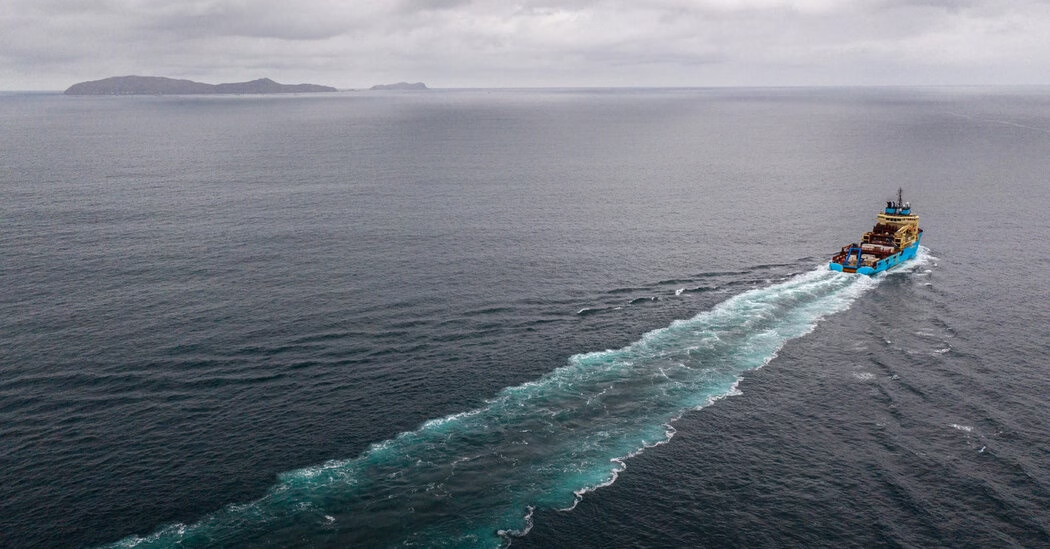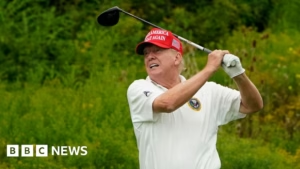The ongoing debate over Pacific Ocean seabed mining experienced a sudden shift on Thursday when a company divulged confidential discussions with the Trump administration aimed at bypassing a United Nations treaty and potentially securing U.S. authorization for mining in international waters.
This proposal, which promptly drew protests from environmental groups and diplomats from certain countries, marks a significant change in the debate about accessing sea floor deposits rich in metals like copper, cobalt, and manganese, crucial for electric-car batteries.
Established 30 years ago by an agreement ratified by over 160 nations, the International Seabed Authority oversees seabed mining in international waters outside of each nation’s coastal areas.
As the Authority continues to develop guidelines for mining, which has been contentious due to the unknown impacts on marine life, the Trump administration is being influenced by Vancouver’s Metals Company to disregard the Authority and grant it a mining license by 2027.
The chief executive of Metals Company, Gerard Barron, announced these discussions on Thursday following the realization that it could take years for the Seabed Authority to finalize mining rules.
The company, aiming to apply for a license in the coming months, plans to use a shipping vessel to extract metal-rich rocks from the seafloor.
Mr. Barron confirmed meetings with Trump administration officials, emphasizing that approval from the National Oceanic and Atmospheric Administration would also be necessary.
Mr. Barron stated that existing legal frameworks in the U.S. support exploration and commercial mining licenses, and there’s now a political willingness to utilize these laws.
The Commerce Secretary, Howard Lutnick, did not confirm whether the Trump administration would support the Metals Company’s plan.
The Metals Company, which has invested heavily in Pacific Ocean exploration, is pressing forward despite being short of funds ($43 million in reserves).
The recent appointment of Leticia Carvalho, a Brazilian oceanographer skeptical of seabed mining, as the new secretary general of the Seabed Authority could further delay regulatory finalization.
Over 160 nations have ratified the United Nations Convention on the Law of the Sea, which established the International Seabed Authority. However, the U.S. has not signed the treaty, prompting the Metals Company to lobby the Trump administration.
Drafts are reportedly in circulation for an executive order that would allow the U.S. to proceed with seabed mining, bypassing the Authority.
The Trump administration aims to secure access to critical minerals, even if it means making new international claims.
Commerce Secretary Mr. Lutnick emphasized the importance of rare-earth minerals for American national security and the need for exploration and harvesting under American waters.
The Metals Company, with strong backing from Republican lawmakers, argues that the U.S. is independent from the UN treaty and can proceed with seabed mining.
The proposal has sparked outrage among environmentalists and some nations, with at least 30 countries calling for a moratorium on seabed mining due to environmental concerns.
Environmental groups see this as a dangerous and likely tactical move to pressure the Seabed Authority.
Mr. Barron cited the company’s research, which suggests less environmental impact from seabed mining compared to surface or underground mining methods.
Diplomats from several nations are set to meet to discuss how to respond to the mining company’s plans, with many expressing concern over the company’s actions and adherence to international law.





